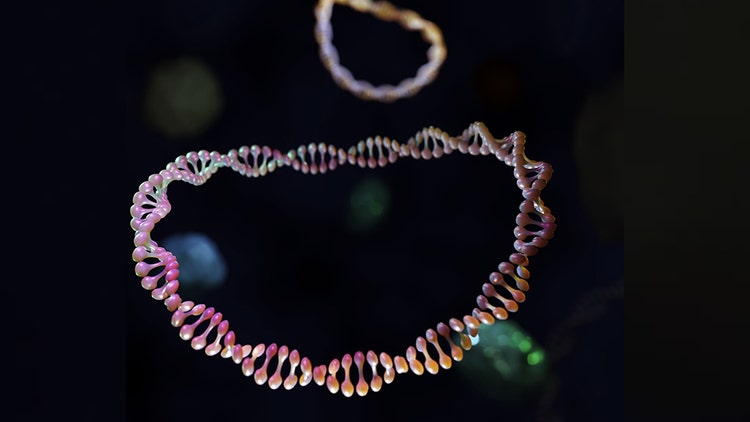Building Diverse Plasmid Libraries

Development of bio-based products requires building a plasmid DNA (pDNA) library , each encoding different variants of the desired product. Libraries are then screened to identify the best candidates for moving forward. Creating these plasmid libraries frequently becomes a bottleneck in pDNA development. These libraries must have the necessary meaningful diversity to screen against, for example, mutational diversity of the genetic product of interest or promoter diversity to optimize product expression level. Libraries should also have as few “junk plasmids”—parts incorrectly assembled or that do not encode for anything—as possible. Maximizing plasmid library size while minimizing errors and human effort can be challenging .
A useful strategy for pDNA library generation is leveraging oligonucleotide fragments that can be easily assembled. The Beckman Coulter Life Sciences Echo Acoustic Liquid Handler can help conserve reagents by using small-volume acoustic liquid transfers, distributing reagents efficiently and greatly accelerating pDNA library assembly. Key benefits include:
- Highly precise and accurate low volume transfers, eliminating pipetting variances
- Higher capacity with assay builds of 50–100x faster than traditional liquid handlers
- Improved scalability of DNA assemblies at lower cost
After pDNA is assembled, sequencing is commonly performed as an initial screen of plasmid quality. NGS is a high-throughput and cost-efficient way to select candidates when working with large numbers of plasmids.
The Beckman Coulter Life Sciences Echo Acoustic Liquid Handler can also be incorporated into NGS library preparation pipelines by:
- Miniaturizing library prep reaction volumes
- Reducing reagent costs
- Increasing throughput of library preparation steps
Once pDNA library quality is sequence-verified, plasmids are transformed into E. coli. Each transformant is identified as an individual colony after plating, which must be isolated by colony picking and inoculation. These steps can become extremely time-consuming when done by hand and are prone to human error and contamination, particularly when working with large numbers of plasmids.
The Molecular Devices QPix Automated Colony Picker can:
- Significantly increase throughput
- Minimize potential error and contamination
- Screen up to 3,000 colonies per hour, freeing time for more downstream tasks
Finally, once colonies are selected and inoculated, the optimal candidates are identified by assessing growth robustness and evaluating which cultures produce the desired product. Establishing the best culture conditions, such as media and induction parameters, is also essential.
Developing high-quality pDNA libraries is often a bottleneck when setting up a biomanufacturing pipeline. Rapid iteration of pDNA is often essential for identifying the best biological product.
Talk to an expert from the Life Sciences companies of Danaher Corporation about how to accelerate the development of plasmid libraries significantly.
References
- Bailey, et al. Miniaturized Multi-Piece DNA Assembly Using the Echo 525 Liquid Handler. https://www.beckman.com/resources/reading-material/application-notes/miniaturized-multi-piecedna-assembly-using-echo-525
- Kim, et al. Optimized NGS Library Preparation with Acoustic Liquid Handling. https://www.beckman.com/resources/reading-material/application-notes/optimized-ngs-library-preparation-with-acoustic-liquid-handling
- Carter, Dwayne E. Synthetic Biology Automation: Five Tips to Improve Your Molecular Cloning Process. https://www.moleculardevices.com/lab-notes/clone-screening/synthetic-biology-automation-five-tips-toimprove-your-molecular-cloning-process